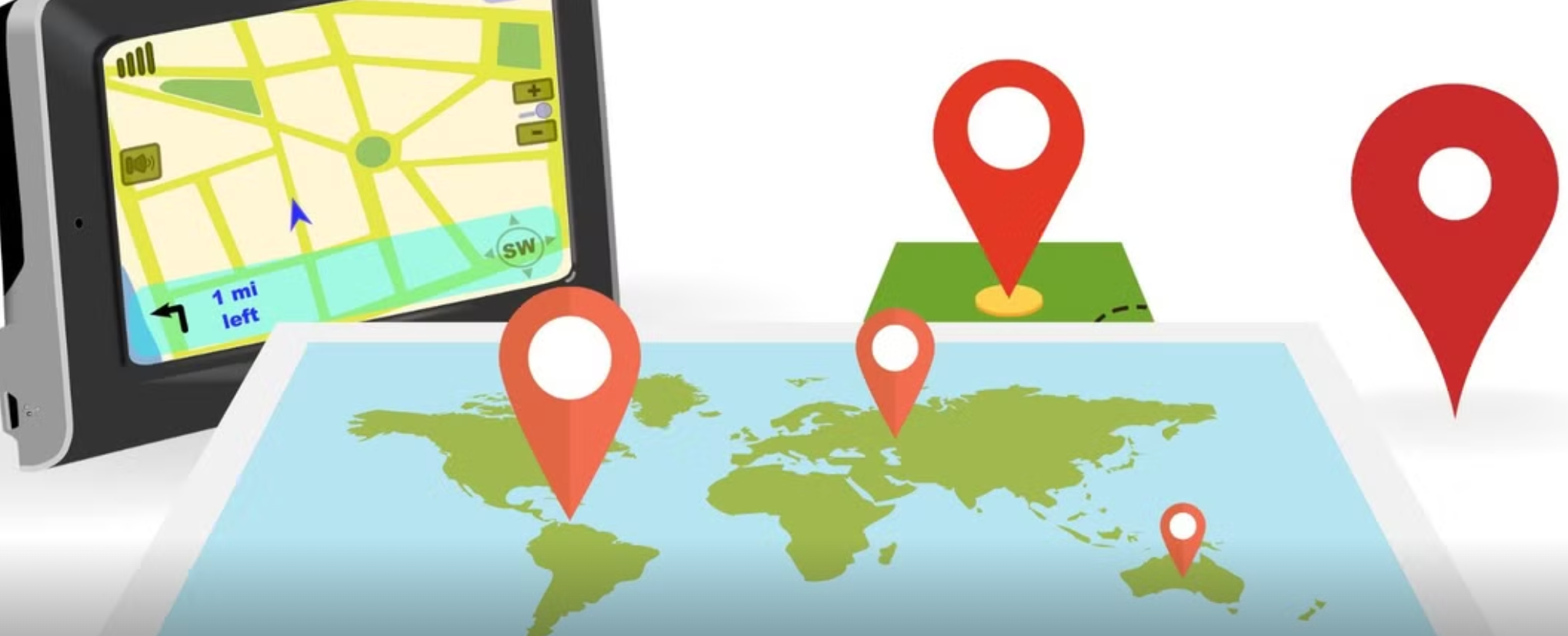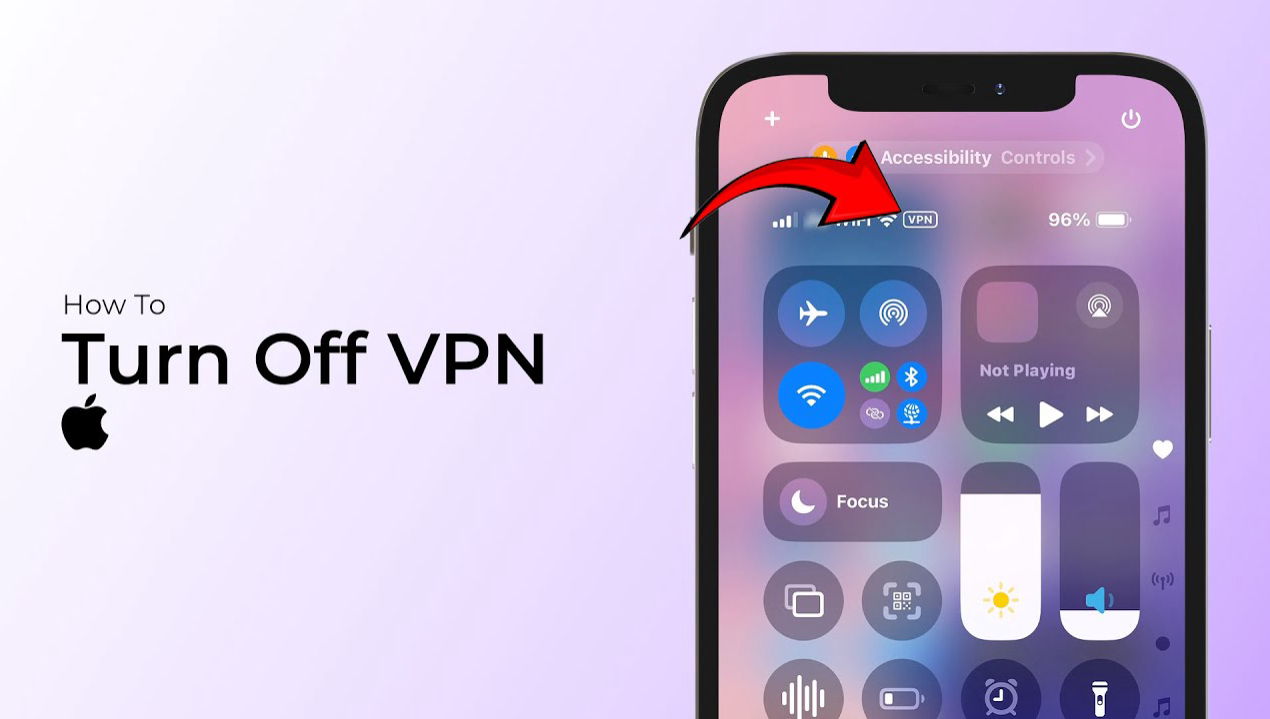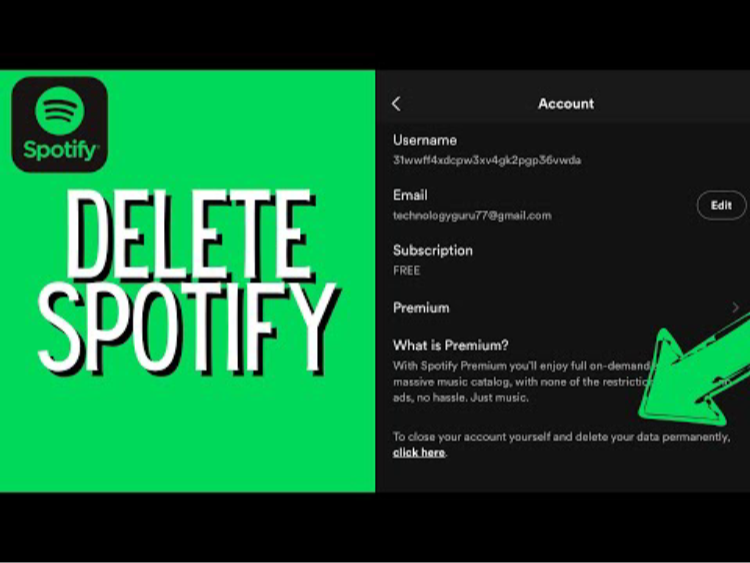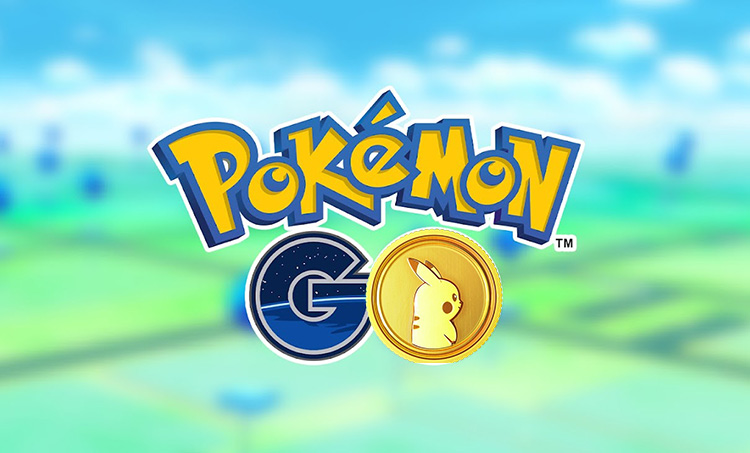If you've wondered, "Does a VPN slow down your internet?", you’re not alone. This is a question countless users ask before choosing a VPN for privacy or security. So, does a VPN slow down your internet, or could it help you maximize your speed? Let's explore the details and answer your questions with actionable solutions to help you get better internet performance."VPNs can slow your internet speeds by 50% or more due to encryption and remote server routing," explains CNET—but simple optimizations may help, especially for gaming and streaming where "even a few milliseconds can mean the difference between glory and failure."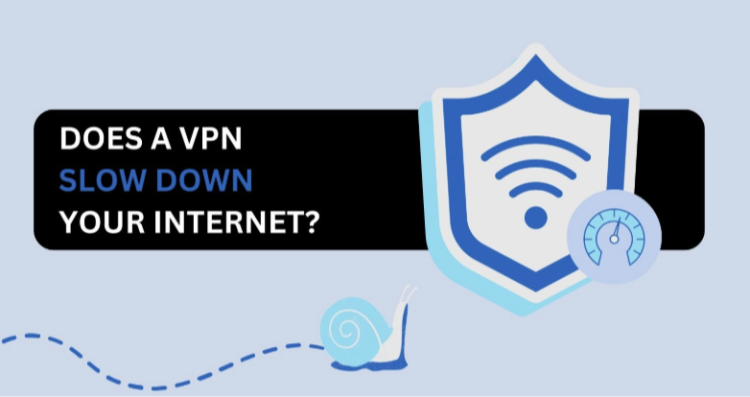
How VPNs Work: Does a VPN Slow Down Your Internet?
When you connect to a VPN, your internet traffic travels through an encrypted tunnel to a VPN server before it reaches its final destination. This encryption process can introduce latency. But does a VPN slow down your internet significantly? It depends on various factors, which we’ll explore below.
Key Factors Affecting VPN Performance
1. Distance to the VPN Server
The physical location of your VPN server matters. A nearby server delivers lower latency and better performance.
✅ Tip: Choose a server geographically close to your actual location unless you're accessing region-restricted content.
2. Server Overload
Overloaded servers = slower speeds. Free VPNs often suffer from congestion due to too many users.
Example: Falcon VPN offers thousands of servers, minimizing overload and helping you get better internet.
3. Encryption Quality
Encryption adds a small speed penalty. While AES 128, 192, or 256-bit encryption secures your data, it can slightly reduce speed.
🔐 Pro Tip: High-level encryption = top privacy. Decide if security or speed matters more for your activity.
4. Your ISP’s Base Speed
A VPN can't fix a slow ISP. In fact, throttling by ISPs during heavy use (like streaming or gaming) can slow you down even more.
How to Boost Internet Speed While Using a VPN
| Action | Benefit |
|---|---|
| Select nearby servers | Reduces latency and increases speed |
| Switch overloaded servers | Less congestion, better performance |
| Check device/router age | Old hardware can bottleneck connection |
| Upgrade ISP plan | Higher base speeds improve VPN experience |
Can Using a VPN Actually Decrease Lag?
Yes — in some cases. If your ISP throttles activities like streaming or gaming, a VPN can disguise that activity and bypass restrictions, leading to smoother connectivity.
⚠️ While “Free VPN for Android” options may seem attractive, they often struggle with speed due to heavy server loads.
9 Proven Ways to Maximize Your Connection
1. Start with Your Internet Speed
Wondering, "Does a VPN slow down your internet?" Start by running a speed test with and without a VPN. This reveals whether the VPN or your base internet is the issue.
(Tip: See our full guide on how to boost internet speed.)
2. Adjust Your VPN Protocol
Premium VPNs offer protocols like UDP and TCP.
| Protocol | Speed | Reliability |
|---|---|---|
| UDP | Faster | Less stable |
| TCP | Slower | More stable |
Test both to discover which one helps you get better internet without sacrificing stability.
3. Update Your Encryption Level
VPNs like Falcon VPN allow you to select encryption protocols like OpenVPN or FalconLynx, balancing security and speed.
Always research changes before adjusting encryption settings.
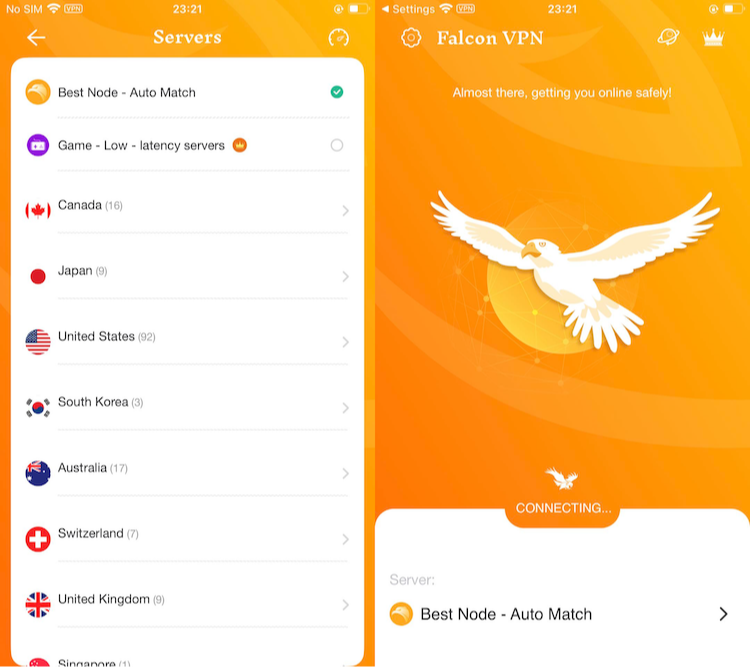
- Get the VPN App
Head over to FalconVPN and download the appropriate version for your device. - Complete Installation
Open the downloaded file and follow the prompts to install the VPN app on your device. - Open the VPN App
Launch the app after installation. Select your preferred server location. - Connect to Secure Your Internet
Hit the “Connect” button to encrypt your connection and protect your online activities.
4. Restart Your Router or Modem
Simple, yet effective. Restart your equipment to clear background issues.
⚠️ Running a VPN on your router can slow things down—unless you have a powerful router. Prefer connecting directly from your device.
5. Select the Closest Server
Distance = delay. Connecting to a server close to your location or near the content source helps with how to maximize internet speed.
6. Choose Wired Over Wireless
Wi-Fi is convenient, but Ethernet is faster and more stable.
On busy networks, switching to a wired connection significantly boosts your VPN performance.
7. Temporarily Disable Local Security Software
Firewalls and antivirus tools can slow VPN traffic.
Test by briefly disabling them (but don’t forget to turn them back on).
8. Reboot Your Device
A quick reboot refreshes system performance, especially if you notice lag while using a VPN.
9. Invest in a Premium VPN
Free VPNs often lead to:
-
Overloaded servers
-
Limited bandwidth
-
Poor security
Premium VPNs like Free VPN proxy maintain fast infrastructure and secure protocols—ideal for how to get better internet and reliable privacy.
Does a VPN Stop Buffering?
Sometimes, yes. If buffering is due to ISP throttling, a VPN can hide your activity and prevent slowdowns, leading to smoother streaming.
VPNs Offer a Smart Balance of Speed and Security
Server choice, encryption, and protocols all affect speed.
| Setting | Effect on Speed | Privacy |
|---|---|---|
| Nearby server | Faster | Neutral |
| High encryption | Slower | Stronger |
| Optimized protocols | Balanced | Balanced |
Does a VPN slow down your internet? Expect a slight 10–20% dip due to encryption overhead—but optimized settings ensure top performance.
FAQ: Does a VPN Slow Down Your Internet?
Q: Does a VPN slow down your internet when browsing or streaming?
Not necessarily. Browsing needs minimal bandwidth, while streaming and gaming require more. The right VPN setup minimizes slowdowns.
Q: Does a VPN slow down your internet with every use?
No. Factors like active devices, activities, and server location impact performance.
Consider checking your hardware and updating your VPN app regularly.
Q:Worldwide Speed Rankings: Who Leads in Connectivity?
Top global broadband speeds (2023 Cable.co.uk rankings):
| Rank | Country | Avg Speed (Mbps) |
|---|---|---|
| 1 | Jersey | 264.52 |
| 2 | Liechtenstein | 246.76 |
| 3 | Macau | 231.40 |
| 4 | Iceland | 229.35 |
| 5 | Gibraltar | 206.27 |
These rankings show why how to maximize internet speed matters more than ever.
Q:How to Check Your VPN Speed
Step-by-Step Test:
-
Disconnect your VPN.
-
Visit speedtest.net.
-
Note upload and download speeds.
-
Reconnect your VPN and test again using the same server for comparison.
Testing multiple servers helps determine if using a VPN actually decreases lag in specific scenarios.

John Miller is a tech enthusiast and online privacy advocate with over 8 years of experience in VPN and cybersecurity. He writes expert guides to help users navigate VPN options, enhance their online security, and protect their privacy on the internet.
